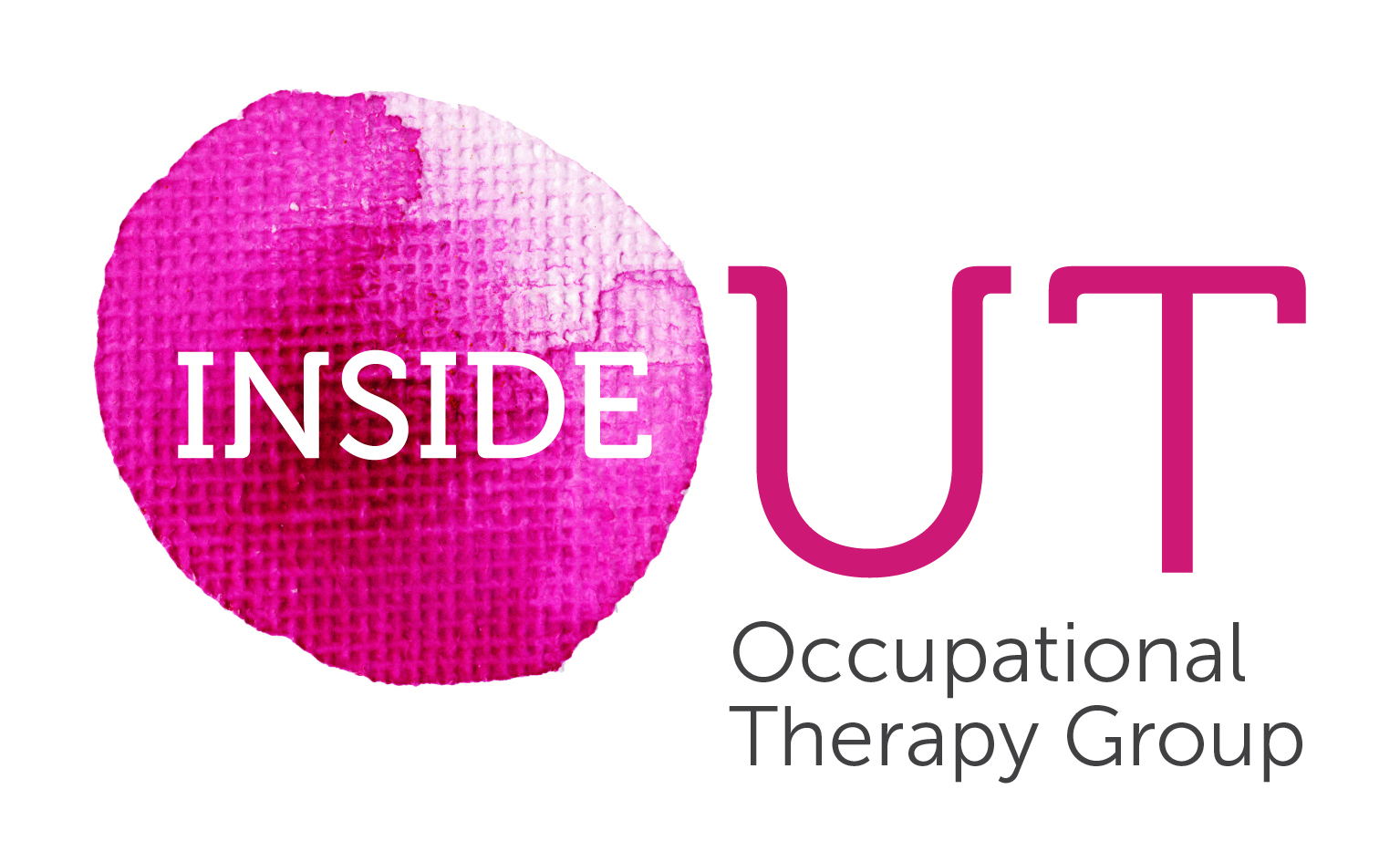“Occupational Therapists use a knowledge base of neurology, anatomy, physiology, kinesiology, child development, psychology, psychosocial development, activity-task analysis and therapeutic techniques. They are trained to treat clients holistically, addressing their cognitive, emotional and physical needs through functional, activity-based treatment” (Williams and Shellenberger, 1996, p.5-6).
It is common for parents to worry that their child is not reaching their potential.
Some children seem more clumsy, may have problems with their attention and concentration, find it hard to draw, write and complete puzzles, have difficulties interacting with their peers, need a lot of support to regulate their emotions, are overly-sensitive, have lowered self-esteem or struggle to keep up and participate in sports and games.
Parents find that Occupational Therapy assessments are a very useful way of highlighting their child’s strengths, as well as pin-pointing areas that their child may find more challenging.
Parents are then supported to develop a plan to both build on the child’s strengths and target areas that may require some additional support or fine-tuning.
Occupational Therapy intervention may take the form of individual therapy sessions, group therapy work, school-based support and liaison, family therapy and parent therapy. Some children benefit from an assessment only, and other children benefit from ongoing support and intervention. Every child and family is unique.
If you would like further information about how Occupational Therapy might benefit your child and family, please contact our helpful and friendly clinical professionals via our Contact Us page.




